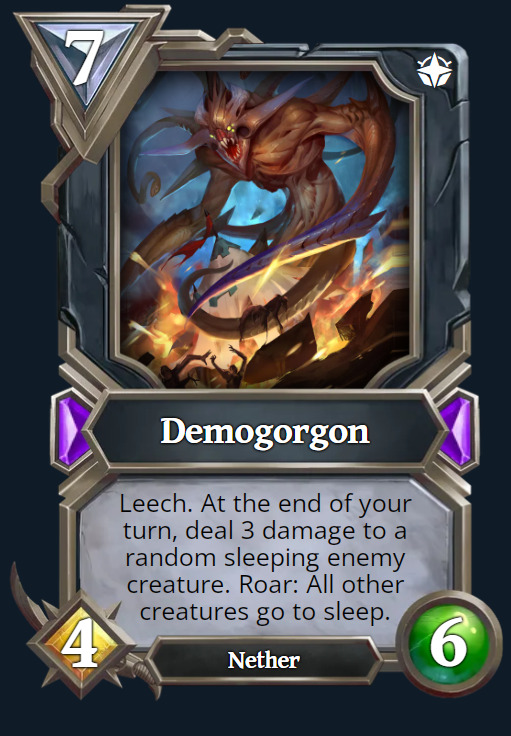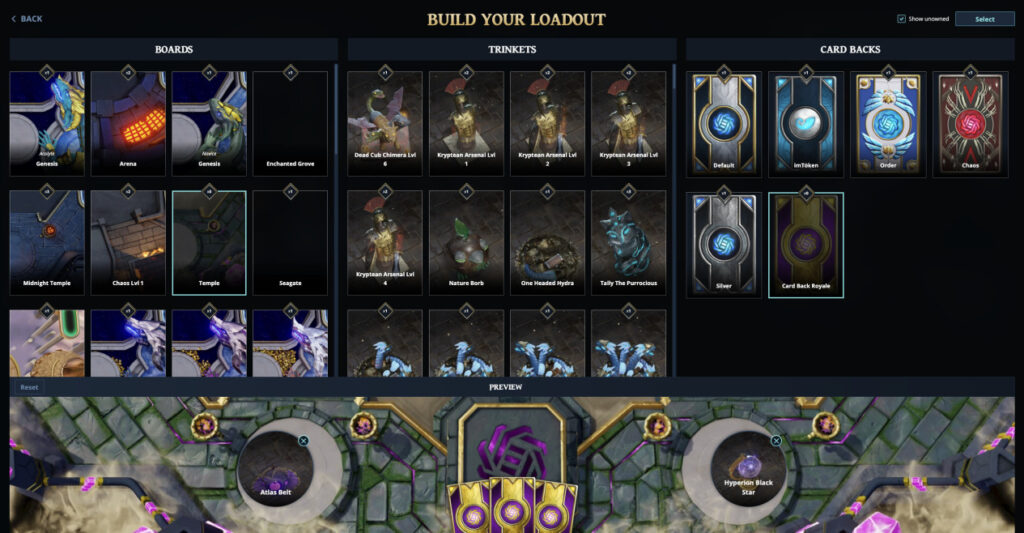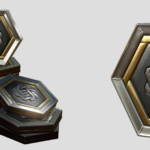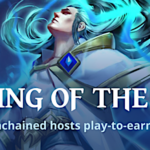It’s been four years since Gods Unchained launched their first beta. And since that time they’ve added four new sets of NFT cards, an account bound card set for new players, revamped their game design with the addition of the Favor and Sanctum system, completely changed the God Powers a number a times, and added a number of new card abilities! As you might imagine, balancing all of this is a tough job.
This is a lot of parts to keep track of. Especially in a TCG where there are millions of different, potential card interactions. Gods Unchained has received some criticism over the years for their opaque decisions, extended times between balance updates, and often ignoring community callouts on obviously overpowered cards. But, to their credit, the Gods Unchained team has been quicker with the patches and updates over the last half of this year. Though personally, I think that a public testing server that was open more often would do wonders for finding bugs and balance issues.
Recently, the Gods Unchained team decided to share a little info about their balance process and philosophy with the Balance Charter.
A Look Into the Balance Charter
In the Balance Charter they mention numerical balance versus experiential balance. This is a very interesting distinction. Something may seem perfectly balanced on paper, but still not feel fun to play. And when you’re talking about games, fun is a pretty important part! The Gods Unchained team says that they feel good with the numerical balance. But they do acknowledge that the game needs work in the experience department.
Gods Unchained has three primary balancing goals — stratification (allowing for different metas at different ranks), limitation of hard counters, and supporting all the different types of playstyles and archetypes.
Cards from the Genesis set hold a special place in card design. Basically, the top Genesis cards should always be the top. For example, there won’t ever be a new card designed that can replace the Demogorgon and do everything it does, only better. Genesis cards are also ‘evergreen’, meaning that they will always be playable. And so, balancing decisions must always take the presence of Genesis cards into account.
When Gods Unchained releases a new NFT card set, they continue to make changes after release. This allows them to make balance adjustments as they see how the cards play in a live environment. But, this also means that these NFTs can be altered after purchase, potentially changing their value. So always know the status of the cards you buy! At some point after launch, the team decides that the balancing is done, and that set is forever locked in regards to stats and card text.
And even after set locks the balancing team still has some tools in their belt. Core cards, those earned in-game by gaining levels, can always be altered. Same with the Welcome Set, a set of free, account bound cards available for all players to use. And there are also potential changes to God Powers, which we’ve seen several times before. And, of course, the addition of new card sets in the future!
Check out the official Balance Charter for more details about how the team decides to buff, nerf, or make small changes to cards.
Play and Earn with Gods Unchained
Gods Unchained has built a multi-faceted play and earn economy. Just by playing a few matches, players can earn Flux (an in-game token), packs of Core cards, and GODS tokens every day. Win or lose, players gain experience points. Accumulate enough experience points to gain a level, and earn a pack of Core cards! Along the way you also gather Flux tokens. Combine multiple Core cards in the Forge, spending some Flux for the process, and create a Meteorite version of the card. These are blockchain NFTs that can be sold in the markets.
Players also earn GODS tokens daily, based on the number of wins they get in the first 10 matches. All players share from the same pool of GODS tokens, with the pool weighted to provide greater rewards to higher ranked players.
In addition, every weekend, Gods Unchained hosts a mini-tournament. The weekend tournament leaderboard ranks players based on their success during the first 18 matches of each weekend. Winning matches during the weekend earns prizes, including packs from the latest expansion set. Players can even win Legendary packs!
Earning daily GODS tokens and participating in the weekend tournaments both require playing ranked matches. But players can still earn Flux and experience when playing Casual matches as well.






